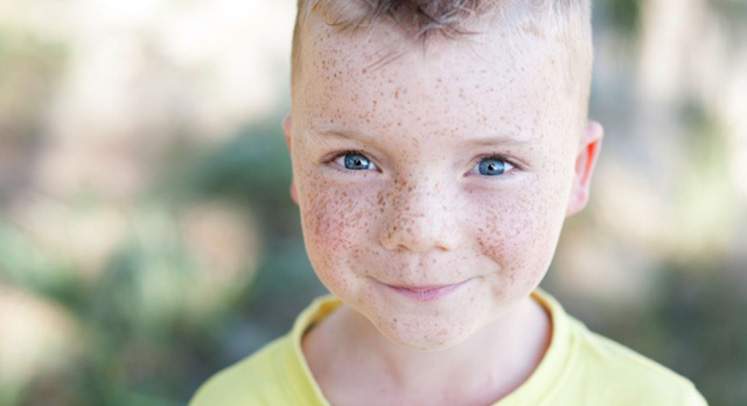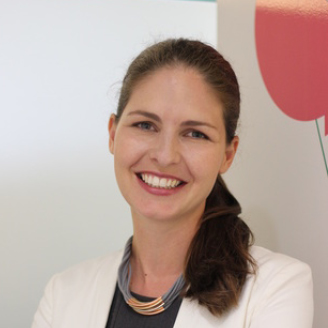Project Overview
8
Genetic testing and precision medicine have the potential to transform childhood chronic illness diagnosis and management. To address the psychosocial impact on children and families, Luminesce Alliance funded a Psychosocial Implications project aimed at understanding the potential psychological and social consequences of genetic testing and precision medicine. The insights gained led to the creation of resources, empowering healthcare providers to offer psychosocial support and assisting families in making decisions about precision medicine trial enrollment. This better understanding of family needs enables healthcare providers in New South Wales to confidently recommend precision medicine and genetic testing to their patients.
Collaborations
- University of New South Wales School of Women’s and Children’s Health (Australia)
- Hereditary Cancer Clinic, Prince of Wales Hospital Sydney (Australia)
- Zero Childhood Cancer Group (Australia)
- Children’s Cancer Institute (Australia)
- Sydney Children’s Hospitals Network (Australia)
- Li Fraumeni Syndrome Association (Australia)
- ANZCHOG (Australian & New Zealand Children’s Haematology/Oncology Group)
- SPHERE (Sydney Partnership for Health, Education, Research and Enterprise)



 Back to Research
Back to Research
